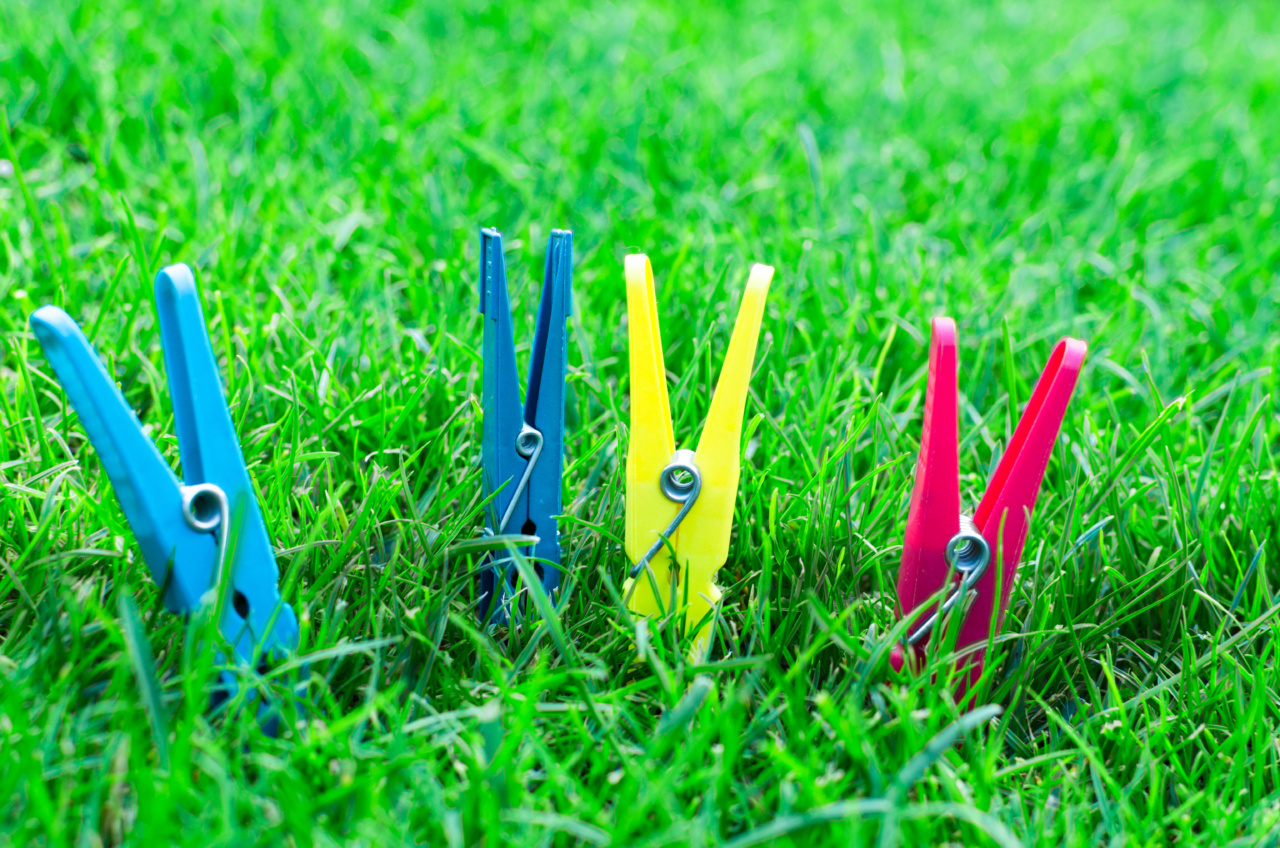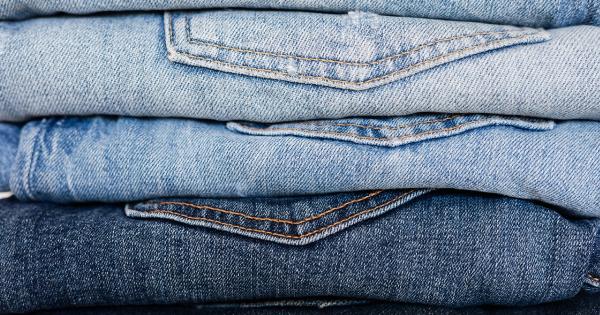Washing our clothes is an inevitable part of our daily routines.
However, have you ever wondered if you are washing your clothes too often or not enough? It turns out that there are various factors to consider when determining the ideal frequency for washing different types of clothing. In this article, we will explore the recommendations of experts regarding how often you should wash your clothes.
1. Jeans and Denim
Let’s start with one of the most common clothing items in everyone’s wardrobe – jeans. Denim tends to be more durable than other fabrics, which means they can be washed less frequently.
Washing jeans after every wear is unnecessary and can even lead to faster wear and tear. Experts recommend washing jeans every 2-3 wears or when they visibly appear dirty or start to smell.
2. T-Shirts and Tops
T-shirts and tops, especially those made from cotton, are worn close to our skin and tend to absorb sweat and body oils. It is advisable to wash them after each wear to maintain hygiene and freshness.
However, if you are wearing a T-shirt as an undershirt and it remains sweat-free, you can get away with washing it after 2-3 wears.
3. Undergarments
Undergarments, including underwear and bras, should be washed after each use. These items have direct contact with our body’s most sensitive areas, so it is crucial to prioritize cleanliness and avoid any potential irritation or infection.
4. Jackets and Coats
Jackets and coats are typically outer layers that are less exposed to direct contact with our bodies. Unless they become visibly dirty or smelly, they can be washed less frequently to maintain their shape and prolong their lifespan.
Washing them a few times during a season or as needed should be sufficient.
5. Sweaters and Knitwear
Sweaters and knitwear are prone to stretching, shrinking, or losing their shape if washed too frequently. Instead, experts recommend spot cleaning and airing them out between wears to keep them fresh.
Washing sweaters after 4-5 wears or as needed is generally sufficient, depending on the fabric and level of wear.
6. Active and Sportswear
Active and sportswear, such as workout clothes and athletic gear, should be washed after each wear. These items often come into contact with sweat, and delaying washing can lead to bacterial growth, unpleasant odors, and even skin infections.
Additionally, refer to the care instructions on such garments to ensure they maintain their performance features.
7. Dress Pants and Skirts
Dress pants and skirts are typically made from delicate fabrics or require special care, such as dry cleaning. Washing them too frequently can cause discoloration, shrinkage, or damage.
Unless visibly stained or soiled, it is best to spot clean or limit washing these items to a few wears.
8. Outerwear and Formal Attire
Outerwear and formal attire, such as suits or dresses worn for special occasions, usually require professional cleaning. These garments may need to be dry cleaned or laundered as per their care instructions.
Avoid unnecessary washing to maintain their quality and appearance.
9. Baby and Children’s Clothing
Baby and children’s clothing should be washed after each use due to their susceptibility to spills, dirt, and frequent accidents. Their immune systems are also developing, making cleanliness even more essential.
Ensure to choose appropriate, hypoallergenic detergents to prevent irritation.
10. Consider the Use and Environment
Aside from specific clothing items, it is important to consider the circumstances in which clothes are worn.
If you live in a hot and humid climate or engage in physically demanding activities, clothes may accumulate more sweat and odor compared to cooler or less active environments. Adjust washing frequency accordingly based on these factors.
Conclusion
While everyone’s clothing habits may differ, it is generally recommended to avoid excessive washing as it can cause unnecessary wear and tear.
Washing clothes according to their specific needs and level of dirtiness helps preserve their quality and lifespan. Consider the recommendations mentioned above, but also trust your judgment when it comes to the cleanliness and comfort of your garments.






























